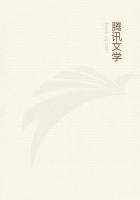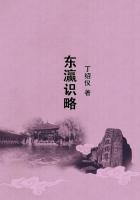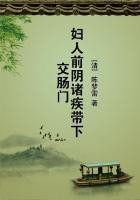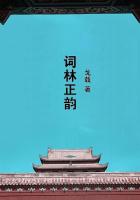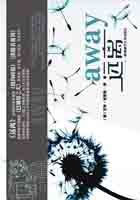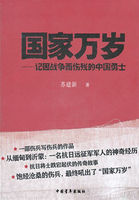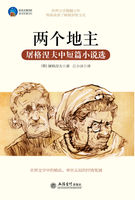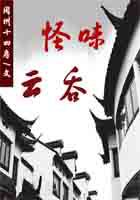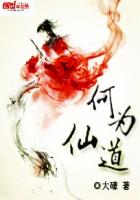His object is, first, to trace the several kinds of evidence up to their first principles; second, to show that his sentiments are in accordance with true philosophy and the principles of the most eminent philosophers; and, third, to answer sceptical objections.He says it is difficult, perhaps impossible, to give a {237} definition of truth; but endeavors to give such a description of it as may make others understand what we mean by the word.He then tells us that he accounts " that to be truth which the constitution of human nature determines a man to believe, and that to be falsehood which the constitution of human nature determines man to disbelieve." This makes the ultimate appeal to lie to man's constitution; and does not meet those who say that man's constitution may be an accretion of fortuitous agencies gathered in the course of ages, and may lead us into partial or total falsehood.According to this definition, there might be events without a cause in the constellation Orion, or at a " reasonable distance beyond,"provided the constitution of the inhabitants there had been determined by a different experience.He then distinguishes between truth perceived intuitively and truth perceived in consequence of a proof, and enters upon a discussion as to the most appropriate terms to employ to designate these two kinds of truth." We might call the one `reason,' and the other reasoning; , but the similarity of the terms would frequently occasion both obscurity and harshness in the sound." Henceforward he seems to use the words " reason "and "reasoning" as synonymous, and uses "reason" in the sense of "reasoning." He is quite aware of the ambiguity in the phrase "common sense;" but he is to use it to denote that " faculty by which we perceive self-evident truth," and then distinguishes between common sense arid reason.This distinction between common sense and reason is no modern discovery, and he proceeds to quote Aristotle's account of axioms, principles, and common sentiments.
He starts the question, "By what criterion shall we know a sentiment of nature from a prejudice of education, a dictate of common sense from the fallacy of an inveterate opinion?" It is clear that Reid must often have had that question before him, but does not give a very articulate reply.Beattie answers it clearly, and I believe judiciously." He takes that for an ultimate principle which forces our belief by its own intrinsic evidence, and which cannot by any reasoning be rendered more evident." Here the main stress is laid, as I believe it ought, on self-evidence, while necessity comes in secondarily; " it forces our belief by its own intrinsic evidence," a better account than that given by Leibnitz and Kant, who put necessity, in the front.{238} He illustrates his views by mathematical evidence and the evidence of sense; and shows that they agree, in both having the sanction of common sense.He argues that analogy and testimony are principles of common sense; but he is in evident difficulties when he is obliged to admit that both of these may deceive.He draws a distinction between two kinds of truths, each intuitively certain." It is a character of some that their contraries are inconceivable; such are the axioms of geometry.But of many other intuitive truths the contraries are inconceivable.`I do feel a hard body,' `I do not feel a hard body;' these propositions are equally conceivable." If we would defend fundamental truth effectively, we must draw such distinctions; but the main point here is to determine what we are led intuitively to believe in the different cases.He shows convincingly, in opposition to Locke, that self-evidence is not confined to propositions.
He sustains these principles pretty satisfactorily; but when he proceeds to apply them in a criticism of Berkeley and Hume, is not eminently successful.He understands Berkeley, as he has been vulgarly understood, as denying the existence of matter; whereas Berkeley is continually asserting that he believes firmly in the existence of matter; only he regards it as having no existence, except as an idea, in a contemplative mind,-whereas our intuitive convictions represent it as having a reality, so far, independent of the mind contemplating it.The consequence is, that Beattie's objections are felt by us as missing the point; as when he argues that, if Berkeley's doctrine be true, we should not run out of the way of threatened danger.
He delights to point out some petty incongruities in Hume;but we see at once that he is not able to meet him face to face, and to wrestle with him.He acknowledges the superior abilities of Hume; but thinks the sceptics unworthy of any kind of reserve or deference, and maintains that their reasonings were not only false but ridiculous, and that their talents as philosophers and logicians were absolutely contemptible.{239}

